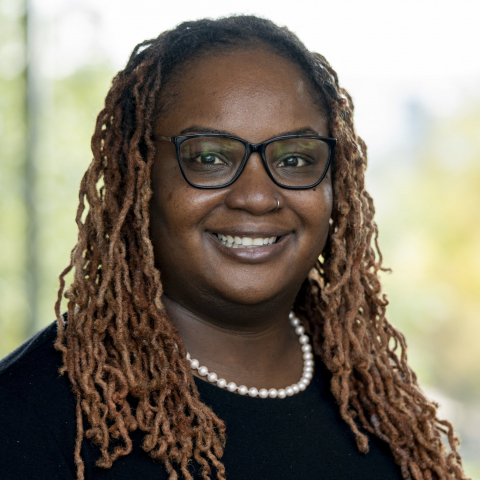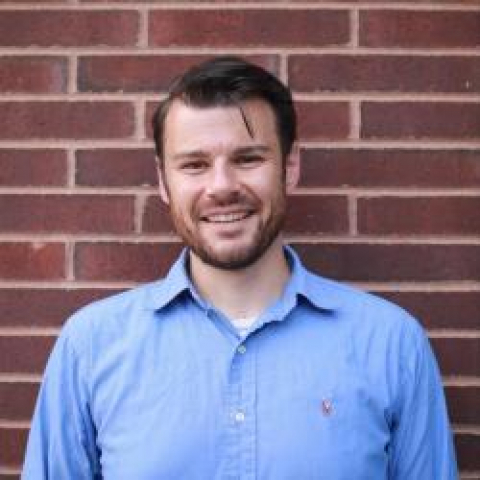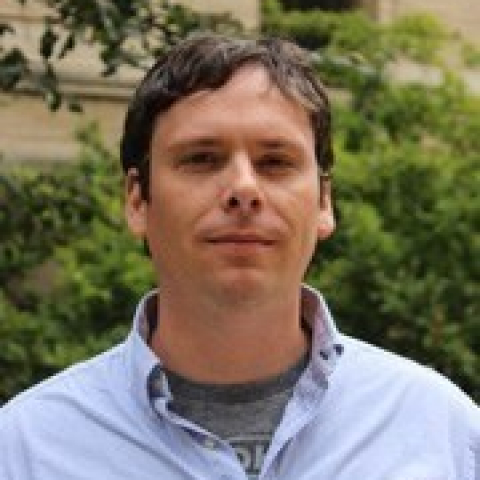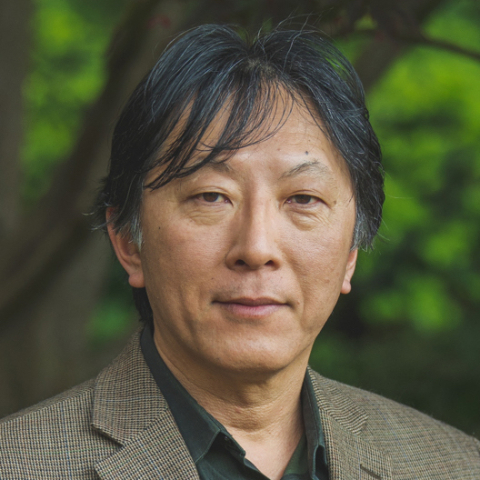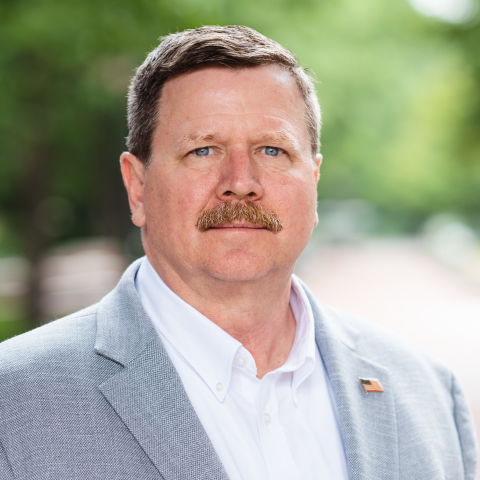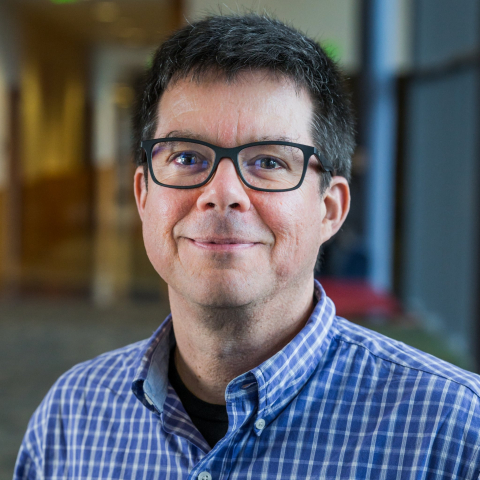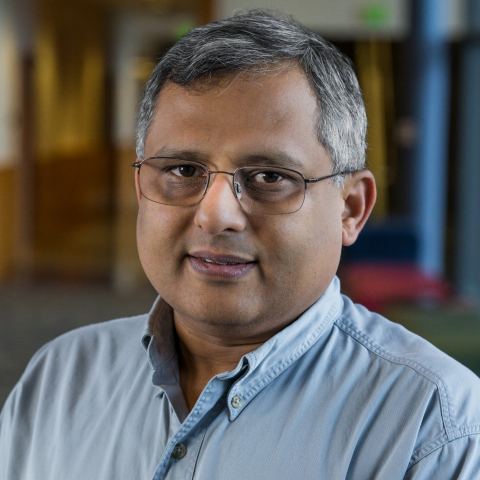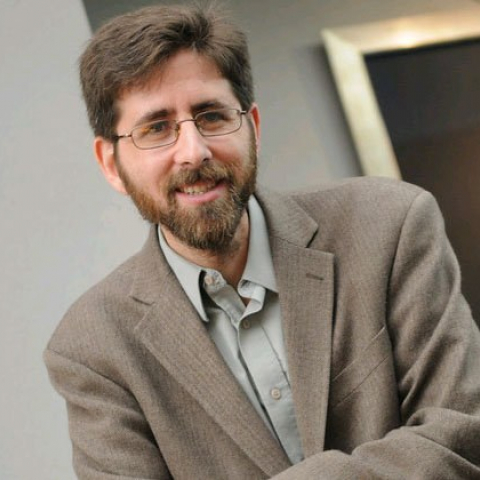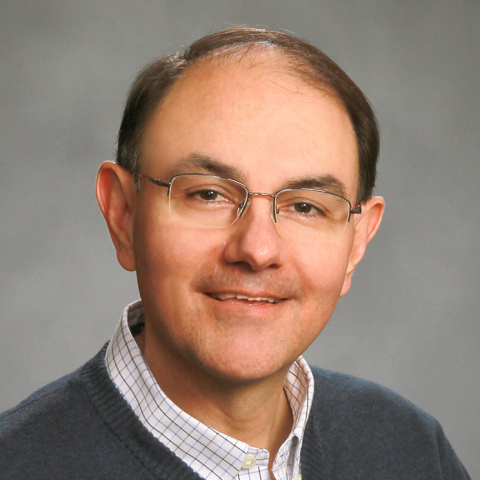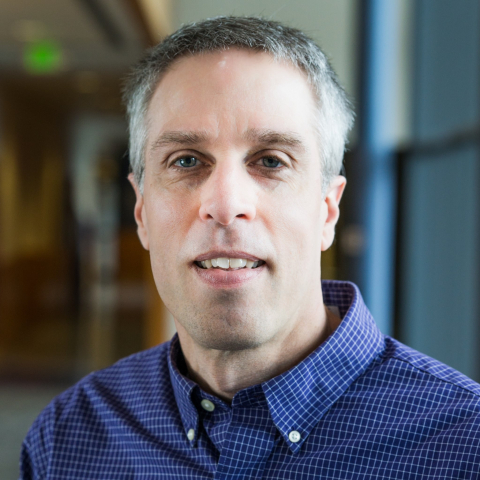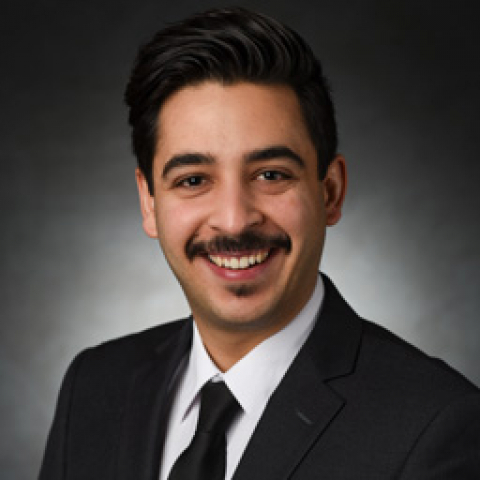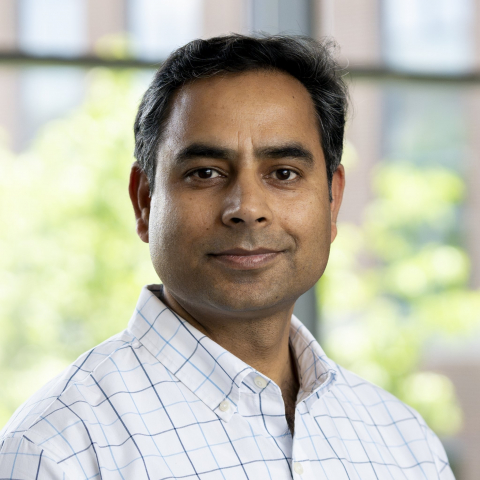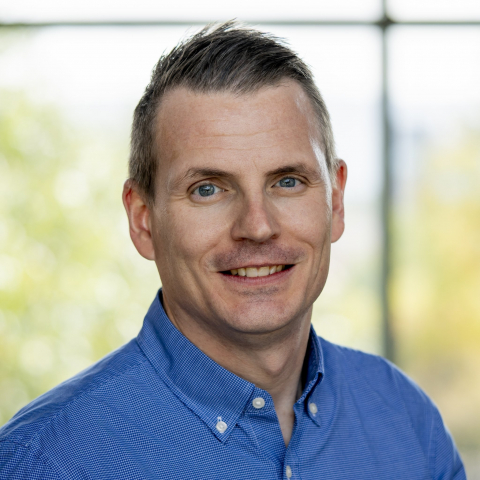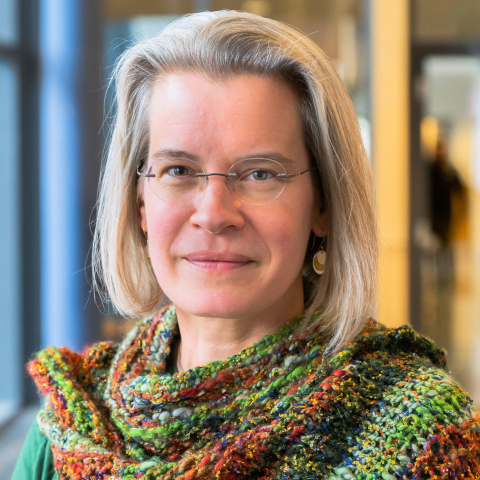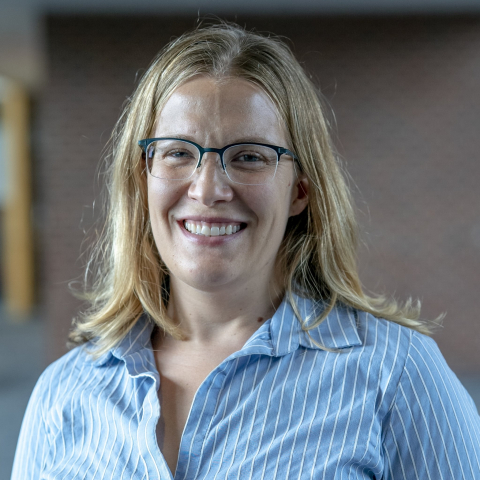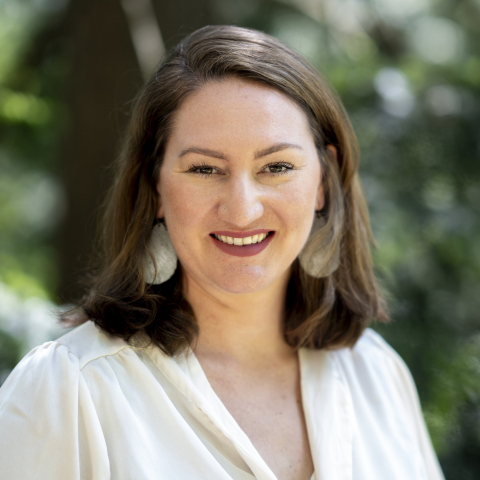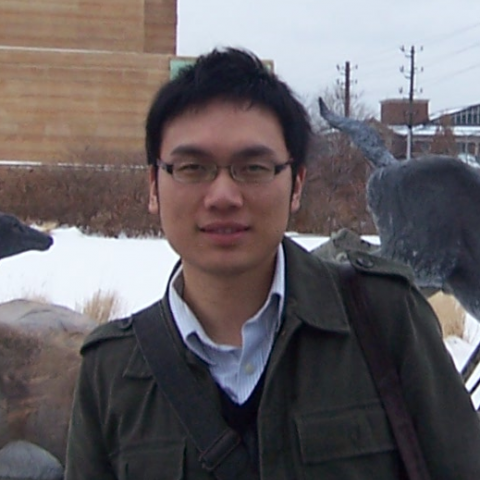People: Immunology Infectious Disease
Melanie McReynolds
Huck Early Career Chair in Biochemistry and Molecular Biology; Assistant Professor of Biochemistry and Molecular Biology
The biochemistry behind aging and its intersection with stress, with the long-term goal of identifying strategies that promote healthier aging.
Scott Medina
Associate Professor of Biomedical Engineering
Design of bio-inspired functional materials that serve as new tools in precision medicine. Understanding how peptides and proteins assemble at natural and non-natural interfaces to form organized structures with unique biochemical functions. The design of nano- and micro-scale biomaterials to develop new biosensing and therapeutic strategies to treat infectious disease, inflammation and cancer.
Timothy Meredith
Professor of Biochemistry and Molecular Biology
Understanding how bacterial cell surface complex lipids are synthesized, to characterize structural modifications in response to varying growth environments, and to uncover how these changes are regulated.
Katsuhiko Murakami
Director of the Center for Structural Biology; Professor of Biochemistry and Molecular Biology
Structural and Mechanistic Enzymology of Prokaryotic RNA Polymerases
Troy Ott
Dean of the College of Agricultural Sciences; C. Lee Rumberger and Family Chair in Agricultural Sciences; Professor of Reproductive Physiology
Reproductive immunology and the physiology of early pregnancy.
Robert Paulson
Professor of Veterinary and Biomedical Sciences
The Paulson lab studies the mechanisms that regulate tissue regeneration with a focus on understanding the response to anemic and hypoxic stress
Kumble Sandeep Prabhu
Professor of Immunology and Molecular Toxicology
Molecular mechanisms by which bioactives such as selenium, omega-3 fatty acids, and other products of natural origin alter the host response and immune function in inflammation and cancer
Jason Rasgon
Professor of Entomology and Disease Epidemiology
Integrating population biology, ecology, molecular tools and theory to address fundamental and applied questions related to vector arthropods and the pathogens they transmit.
Joseph Reese
Professor of Biochemistry and Molecular Biology
Gene regulation in cell cycle and DNA damage control; regulation of DNA damage-induced transcription.
Anthony Schmitt
Professor of Molecular Immunology and Infectious Diseases
The process of paramyxovirus particle formation by budding: identifying and characterizing viral proteins used in budding, and learning how these manipulate host budding machinery to allow virus release.
Amir Sheikhi
Huck Early Career Chair in Biomaterials and Regenerative Engineering ; Associate Professor of Chemical Engineering
Micro- and nanoengineered soft materials for medicine and the environment; microfluidic-enabled biomaterials for tissue engineering and regeneration; living materials; next-generation bioadhesives, tissue sealants, and hemostatic agents; hydrogels for minimally invasive medical technologies; self-healing and adaptable soft materials; smart coatings; hairy nanocelluloses as an emerging family of advanced materials.
Vishal Singh
Associate Professor of Nutritional Physiology and Microbiome
Troy Sutton
Huck Early Career Chair in Virology, Associate Professor of Immunology and Infectious Disease
Animal models of influenza; Airborne transmission of influenza viruses; Evolution of pandemic influenza viruses; Highly pathogenic avian influenza; Development of live-attenuated influenza vaccine platforms; High containment BSL3+ research
Moriah Szpara
Professor of Biology
How genetic variation influences the outcomes of viral infection, particularly for neurotropic viruses such as herpes simplex virus 1 (HSV-1) and HSV-2, using high-throughput sequencing, comparative genomics, neuronal cultures, and genetic manipulation of both host and pathogen.
Emily Weinert
Professor of Biochemistry and Molecular Biology
The mechanisms by which bacteria sense and respond to the environment, as well as how these signaling proteins/pathways affect competition, host colonization, and pathogenesis.
Laura Weyrich
Associate Professor of Anthropology
Reconstructing ancient oral microbiomes and supporting ancient DNA analysis of past humans, environments, and animals.
Ruobo Zhou
Assistant Professor of Chemistry
Quantitatively and functionally understanding the compartmentalization and spatiotemporal organization of protein-protein and protein-RNA interactions involved in fundamental cell functions as well as in cancer and neurodegenerative diseases.
